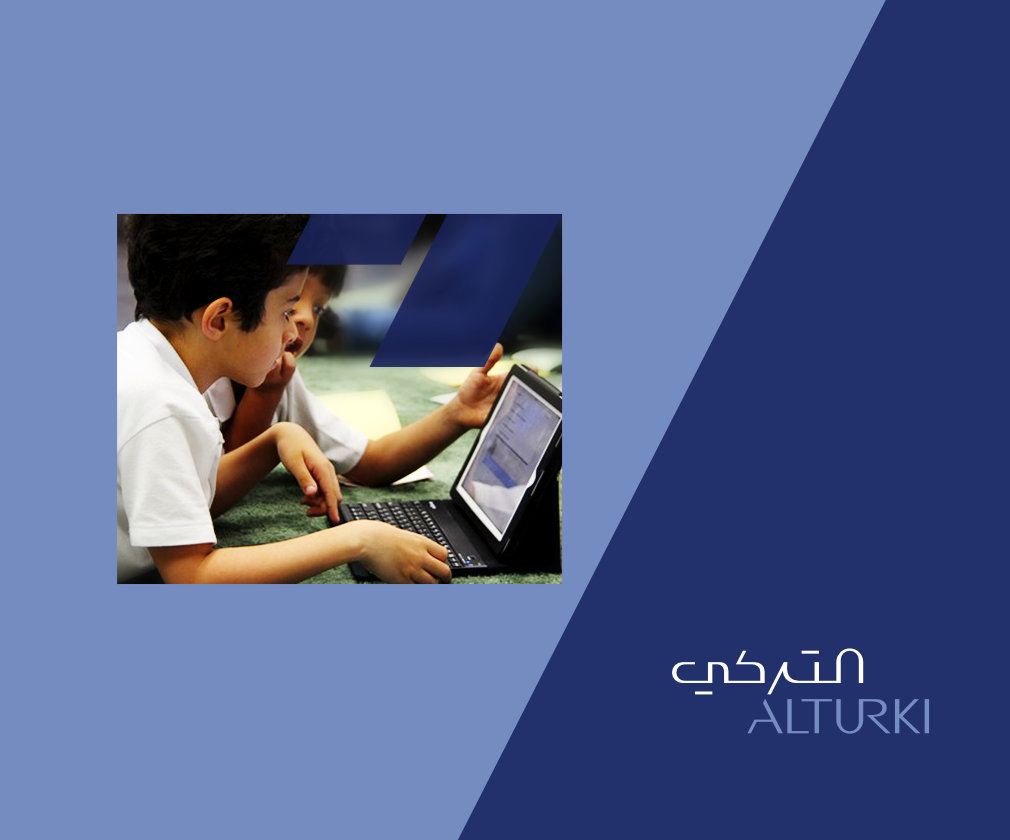Jan 23, 2020

Dr Sarah Alturki
The United Nations General Assembly has proclaimed 24 January as International Day of Education. This is one step on the way to the Sustainability Development Goal (SDG) #4 in the 2030 Agenda which represents a universal and collective commitment to “ensure inclusive and equitable quality education and promote lifelong learning opportunities for all.” The members of the UN aim to make 2030 the year when the level of education across the world manages to “empower people with the knowledge, skills, and values to live in dignity, build their lives and contribute to their societies.” (UNESCO)
2030 is also an especially important target for us in Saudi Arabia, as it is the year for the realization of our national vision. It is important to note that, in fact, all of the goals of the Saudi 2030 vision can only be achieved if the education system produces the kind of leaders and citizens who are able to learn effectively throughout their lives in order to adjust to the rapidly increasing speed of change that characterizes the future of our world.
We need to ask ourselves how education must change in order to match the requirements of the future our young people will face. The Partnership for 21rst Century Skills has determined that the most important objective for schools now is for our students to gain the skills, habits, and attitudes needed to learn independently and adapt throughout their lives: creativity and innovation skills, critical thinking and problem solving skills, communication and collaboration skills. If our educational programs are not focusing on these skills, they are not preparing our children for the future toward which our world is rapidly hurtling.
2030 is important for another reason – it is the beginning of the decade in which, many futurists tell us, technology will reach the point of “singularity”. According to the on-line Technopedia, technological singularity “describes that moment in humanity’s history, in this case the future, where technology changes so much that it becomes more intelligent than humans.”
Therefore, not only will the world be changing but it is possible that humans could begin to lose control of it in ways we do not yet understand. To ensure a positive future for humanity, we must be sure that our children not only have the right skills – ones that cannot be taught to machines – but also that they have deep values, dispositions, and life habits that carry them safely into the unknown. These values, dispositions and habits cannot be taught by having students memorize anything at all. They will only learn these by inquiring, taking action in real life settings, reflecting on authentic experiences, and adapting their plans to what they have learned.
Clearly, the UN 2030 objective for education must emphasize the changes required to prepare children as values-driven readers, thinkers, and lifelong learners. Otherwise, our educational systems will not prepare our children for their own future. As Erik Hoffer stated way back in 1972, “In times of drastic change, it is the learners who inherit the future. The learned usually find themselves beautifully equipped for a world that no longer exists.”
At Alturki Holding, we are proud that our Sustainability efforts are focused on the development of education to meet the requirements of the future. We invite our colleagues to join with the world in celebrating the UN SDG Goal #4 and International Education Day.